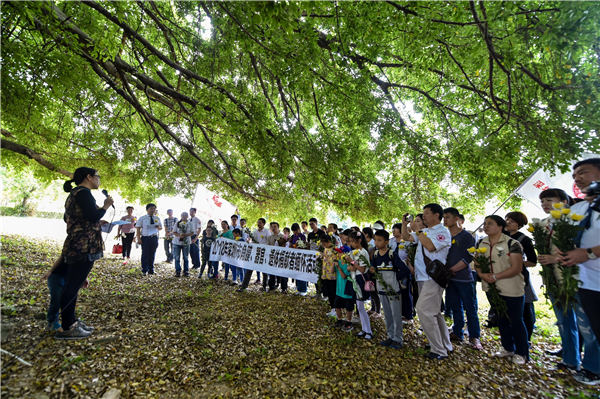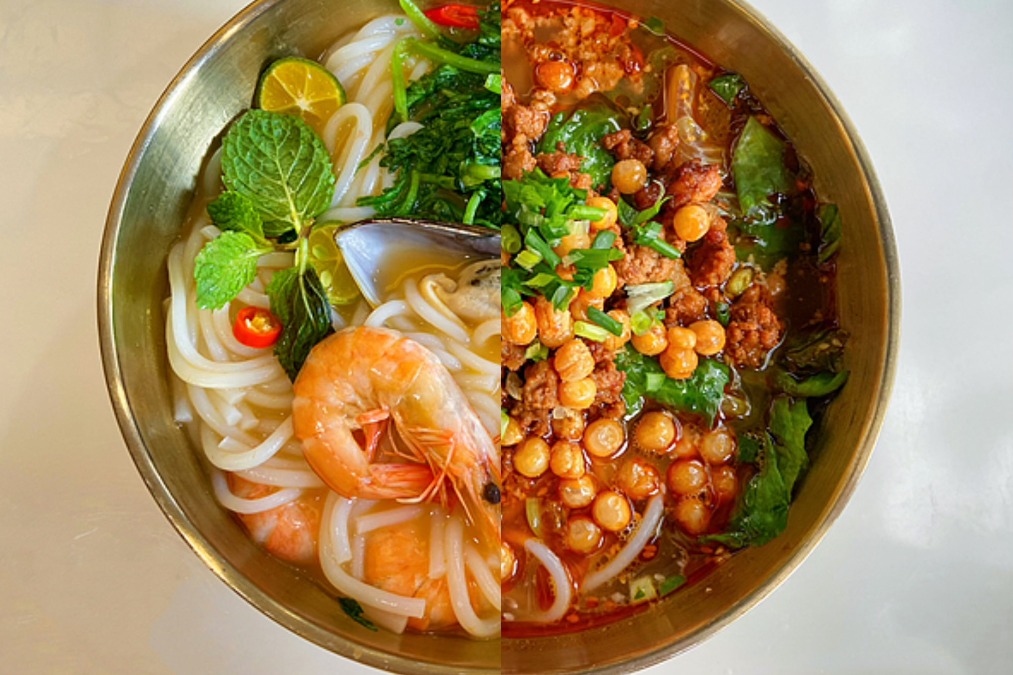Body donation more acceptable among youth


With the New Year approaching, many young people are buying gifts, but Geng Yingying is thinking about a serious subject-death. A healthy 21-year-old student at Northwest Normal University in Gansu province, Geng signed documents to donate her body for medical research and education because she wants to leave a legacy to the world after her death. She first learned about body donation through a volunteer activity in 2016. Not long after that, one of her friends died in an accident.
"I realized life is vulnerable and I wanted to make it more meaningful," she says.
Geng is among a growing number of young Chinese who have registered as voluntary body donors in recent years.
The number of registered volunteers for body and organ donations was 2,610 in Gansu by Nov 20, compared with just 80 in 2014, according to the statistics released by the local Red Cross Society.
The Beijing arm of the Red Cross reported that, by 2017 over 21,100 people applied to donate their cadavers since the city started a body donation registry in 1999. Over 2,600 donations have been used for medical research and education in that time.
Zhan Haibing, a postgraduate student in the School of Public Health at Lanzhou University, refers to cadavers as "silent teachers": "They have played an irreplaceable role in medical education and research. They give medical students a real understanding of the human body."
China's body donation program started in the early 1980s. The Chinese have traditionally held that a person's body should remain intact because they believe there is an afterlife, and they see a traditional burial as an obligation of filial piety toward their elders.
Voluntary body donation in China needs consent from an executor who must be a direct relative of the donor.
Geng's decision to donate her body was strongly opposed by her parents, but she convinced them to support her. Her brother even signed as her executor.
As the laws and the overall environment for donation continue to improve, and people's attitudes to funeral customs gradually change, body donations have become more acceptable.
Liang Jiali, another college student who registered to donate her body to science, says her parents opposed her decision at first.
"I patiently explained to them my reasons and shared the stories of other donors. They finally understood me. And my mother even decided to become a body donor too," says Liang.
Meanwhile, members of the public are also showing more respect and understanding to donors. Last year, the Gansu Red Cross Society set up a memorial park for donors in Lanzhou.
In the park stands a monument on which all the donors' names are engraved. Now, people visit the park on special occasions to pay tribute to these donors.
Meanwhile, many Chinese universities are advocating "life education" and asking students to join in volunteer activities in hospitals, funeral parlors, nursing homes and Red Cross societies to better understand the meaning of life.
Geng has also signed documents to donate her corneas. Her story has inspired many others to make the same choice.
"I know it requires courage," she says. "But if you can understand the real meaning of life, which is about giving back, you'll find it's not that difficult to make the decision."




































